Developing a project I found a curious bug in Python. For example :
#Python 2.7.14 (v2.7.14:84471935ed, Sep 16 2017, 20:19:30) [MSC v.1500 32 bit (Intel)] on win32
variable = "Hello_1"
list = ["This is a variable -> ",variable]
print list #-> ["This is a variable -> " , "Hello_1"]
Now, I modify variable to a new value. So, I think when change the value of variable, I will see the new value in the list
variable = "Hello_2"
print list #-> ["This is a variable -> " , "Hello_1"]
But, the output is the same that first time? Does anybody know how to solve it?

